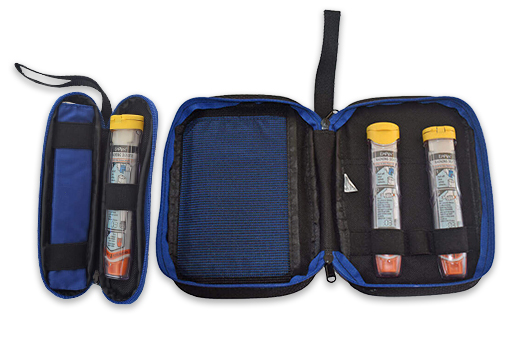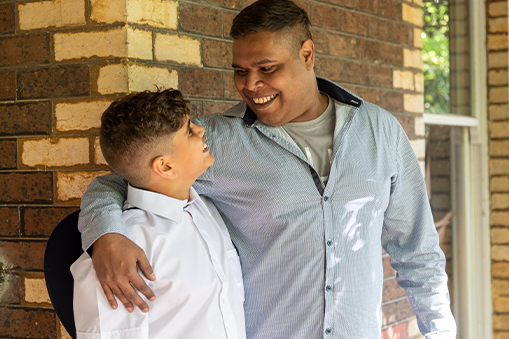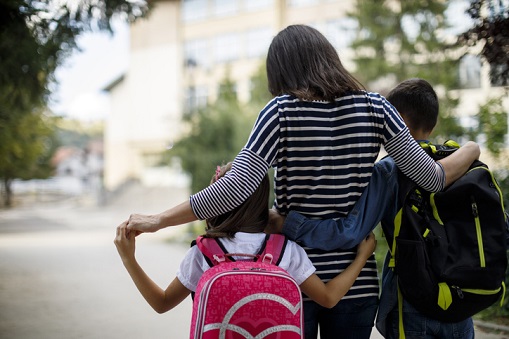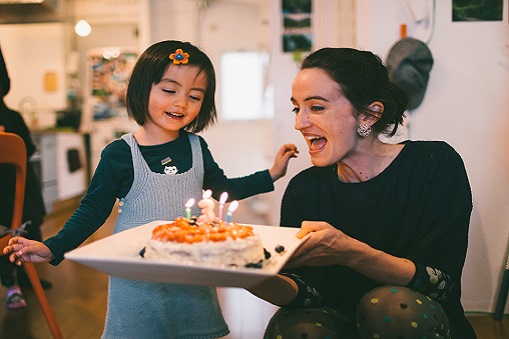A little preparation can go a long way to protecting your child. Here are a few practical tips to help ease your concerns.
1. Remind your child before they go
Before school or dropping your child off at a birthday party, remind them about their triggers for severe allergies and anaphylaxis. Reinforce the importance of not sharing food and of washing hands before eating, in case they’ve accidentally come into contact with any triggers.
2. Encourage your child to speak up
Make sure they know the early signs of an allergic reaction and the importance of letting someone know – remind them there’s nothing to be embarrassed about!
3. Let the party host or teacher know
Make sure to tell the party host ahead of time about your child’s severe allergies. If the host seems nervous, it’s a good idea to provide food that is safe for your child or stay at the party to help supervise.
Before your child starts school, set up an appointment with their teacher to talk about your child’s allergies and what to do in case of an emergency.
4. Ask if the party is happening at a restaurant
If the party is taking place at a restaurant, look up the menu online and make a short-list of suitable meals. Call the restaurant ahead of time to discuss your child’s allergies.
Make sure the party host also reminds the restaurant staff about your child’s allergies at the start of the meal. You may want to give them a printed list of allergies so the waiter can inform the kitchen.
5. Increase school awareness
Prepare a printed list of your child’s allergies to be kept in their school bag and pinned to staff or classroom notice boards.
If there are several anaphylactic students at the school, suggest a short presentation in assembly about severe allergies and what to do. The school may also consider adopting a nut-free policy or separate area for well-known allergens.
6. Look out for common triggers
Common food triggers include cow’s milk, eggs and peanuts. If your child is old enough, teach them how to review a label on a packet of snack foods.
If they’ll be spending time outside and insect bites or stings are triggers, remind them to stay away from insect hotspots like flower beds.
Other triggers include medications and latex, like in balloons or gloves used for cleaning or serving food.
7. Print the Action Plan
Print a copy of the Action Plan and provide it to the school or party host. Check they know how to administer an EpiPen or EpiPen Jr and direct them to a demonstration video if needed.
8. Keep EpiPen or EpiPen Jr close to hand
Make sure your child always has an in-date EpiPen with them, or in the possession of the party host or school. Discuss storage with the school and make sure your child knows where to find it.
























